On Wednesday, December 15, at a gathering of Iranian ambassadors, First Vice President Mohammad Mokhber praised one of their number for smuggling. Sanctions, he said, had prevented Iran from importing equipment from China to make Covid-19 vaccines, but ambassador to China Mohammad Keshavarz-Zadeh had managed to get them sent to Iran as his “household items”.
Mokhber is the highest-ranking official of the Islamic Republic to openly concede that Iran’s diplomatic staff have to engage in smuggling. He is sanctioned by the US himself for his long-standing role as president of Supreme Leader Ali Khamenei's vast, opaque holdings company Executive Order of Imam's Directive (Setad).
Mokhber's statements were initially reported by an Iranian media outlet but were later removed from the website, while Mokhber himself backtracked, calling it a gaffe and saying he should not have said this.
As diplomatic envoys, like their colleagues around the world, Iranian ambassadors enjoy rights and privileges that include the free transferral of items related to their official mission. They have the right to convey these items across borders without paying customs duties or other taxes, and without inspections. Besides this, ambassadors are exempt from the inspection of their personal belongings and those of their families.
Items that are restricted or banned according to the laws of the host country, however, are not exempt. If there is a suspicion that illicit or illegal goods are being carried by a diplomat, their bags can still be searched in their presence. Host countries generally avoid this for the sake of maintaining mutual respect, even when items appear suspicious, as long as they do not appear to pose a danger.
Was China aware that the Iranian ambassador was bypassing sanctions imposed by the United States?
It seems that China has avoided inspecting items transported by Ambassador Mohammad Keshavarz-Zadeh because of its rather friendly relations with Iran and does not want to take actions such as inspecting them.
This situation allowed Keshavarz-Zadeh to purchase vaccine-making equipment from a company that does not sell them to the nationals of the Islamic Republic because of US sanctions and the Iranian ambassador managed to bypass the sanctions by violating diplomatic protocols.
It is highly likely that the ambassadors of the Islamic Republic to other countries also buy sanctioned or dual-purpose items that can be used for both for military and peaceful purposes and abuse their diplomatic immunity to bypass sanctions and send them to Iran.
What Can the US Do?
The US sanctions on Iran have specific exemptions for humanitarian and healthcare items. But in practice, because of the blacklisting of Iranian banks – and because many items used in medicine production have dual uses – Iran has struggled to obtain the raw materials and equipment needed to produce medicines inside the country.
In the past, American officials have blocked Iranian ambassadors from obtaining credit and loans from banks, or buying sensitive items that involve complex technologies. In October 2018, the US also sanctioned the Bank of Kunlun in China, a key facilitator of money flows between China and Iran.
As of now, however, the US has taken no action to prevent Iranian diplomats from in effect bypassing sanctions through smuggling, under cover of diplomatic privilege. This might change following Mokhber’s statements, or if the practice is repeatedly observed.
What Can China Do?
Is Beijing likely to react to the abuse of diplomatic privileges by the ambassador of the Islamic Republic? It is certainly possible that from now on, parcels and packages sent by the Iranian embassy in China will receive more scrutiny, or Chinese officials might even ask to inspect them, which would be a blow to the standing of Iranian diplomats around the world.
In an extreme scenario, Beijing might even go further and ask Mohammad Keshavarz-Zadeh to voluntarily end his mission to China based on the Iranian vice president’s disclosure. If he is allowed to stay on but becomes too restricted in his duties, he could be forced to quit in any event.
The Islamic Republic’s Diplomatic Rap Sheet
There have been many documented instances of the Islamic Republic’s diplomatic staff abusing their privileges in the past. Embassy employees facilitating assassinations and kidnappings of dissidents, from the late 1980s through to the present day, have eroded trust in these supposed bastions of support for Iranian citizens abroad – to say nothing of the international community.
In February this year Asadollah Asadi, formerly the third highest-ranking official at the Iranian embassy in Vienna, was sentenced to 20 years in prison in Belgium along with three accomplices for plotting to bomb a gathering of MEK members in Paris. He became the first Iranian diplomat to be convicted for involvement in an act of terror. Asadi had used a car with diplomatic plates to convey an explosive device to the would-be bombers in Belgium, and both during the trial and in his subsequent appeal, Asadi continued to insist – wholly incorrectly – that diplomatic immunity should protect him from prosecution.
Most countries, however, have been hesitant to commence criminal action against diplomats suspected of even the most heinous crimes. In 1989 Turkey expelled the Iranian ambassador Manouchehr Mottaki in connection with repeated kidnappings by agents of the Islamic Republic on its soil. Years later in 2005, Mottaki would return to Turkey as Mahmoud Ahmadinejad’s foreign minister.
In some cases foreign states have intervened to prevent crimes by Iranian diplomats before they happen. In summer 1995 Sultan Qaboos, the late king of Oman, sent an envoy to Tehran to warn President Akbar Hashemi Rafsanjani that an Iranian diplomat based in the Omani capital of Muscat was planning to assassinate an official guest of the government.
Sometimes governments have taken action only when it is already too late. This year the Argentine authorities denounced the appointment of ex-IRGC commander Ahmad Vahidi as Ebrahim Raisi’s new Interior Minister, demanding once again that he be tried for his role in the July 1994 AMIA bombing in Buenos Aires, which left 85 people dead. Though an Interpol red notice has been issued for Vahidi since 2006, in 2013 Argentina’s then-President Cristina Fernández de Kirchner signed a now-infamous “memorandum of understanding” with Tehran agreeing that the perpetrators would not be prosecuted. Hadi Soleimanpour, the Iranian ambassador to Argentina at the time of the bombing, was also detained in Britain in 2003 but ultimately released due to “insufficient evidence”.
The apparent use of diplomatic staff for smuggling goods is a newer phenomenon, and one that has arisen because of a specific set of economic contingencies. Whether this has quietly become policy remains unknown. But one thing is clear: diplomats of no other country in the world can claim such an expansive, ignoble criminal record.
Related Coverage:
A Chronology of Tehran's Kidnappings and Killings Abroad: Part 3
A Chronology of Tehran's Kidnappings and Killings Abroad: Part 2
A Chronology of Tehran's Kidnappings and Killings Abroad: Part 1
Transnational Repression: How Iran Haunts and Kills its Critics Around the World
Diplomat Assassins: Who Does Iran Kill Abroad and Why?
Holy Terror: Iran's Criminal Record from Germany to Ethiopia
Abductions and Murder Through Embassies: The Islamic Republic's Terrorism Abroad
Decoding Iran’s Politics: Iranian Embassies and Terrorism Allegations
visit the accountability section
In this section of Iran Wire, you can contact the officials and launch your campaign for various problems




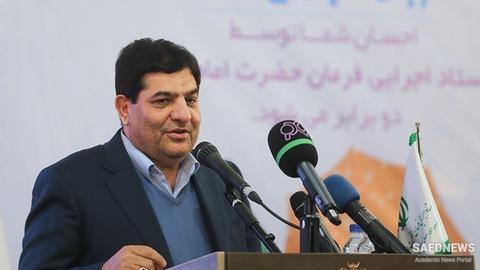


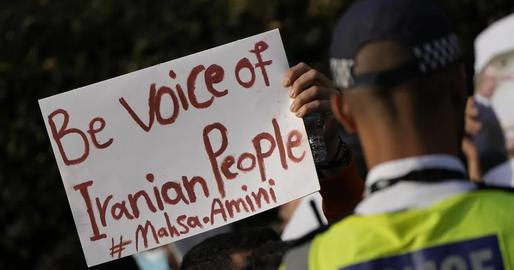
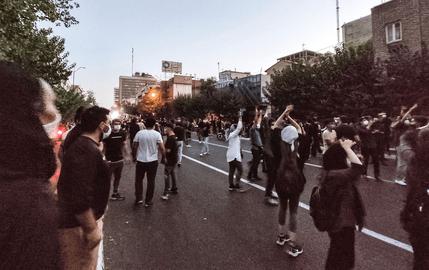
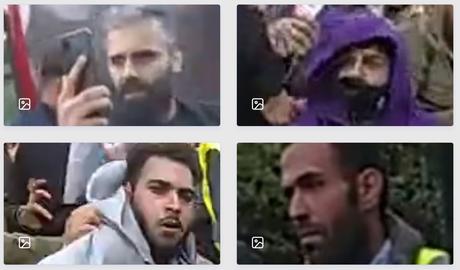

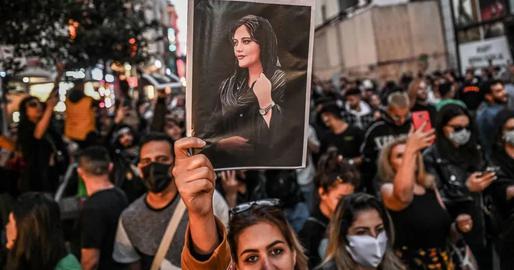
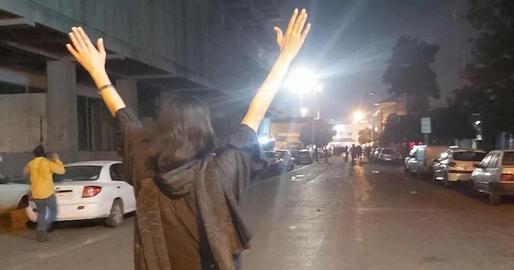

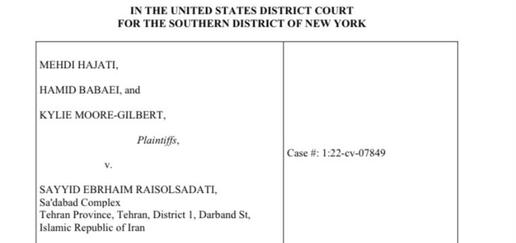

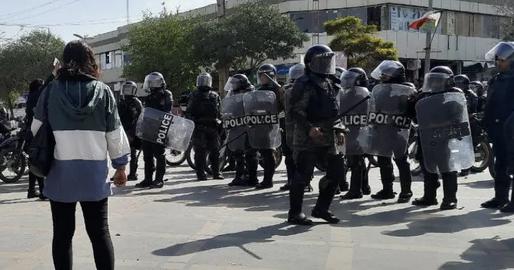
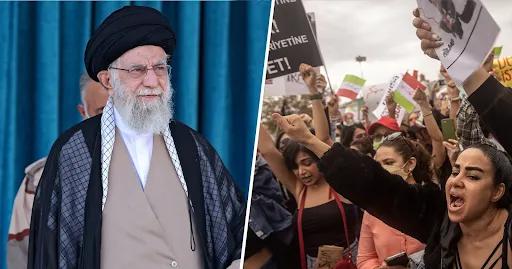
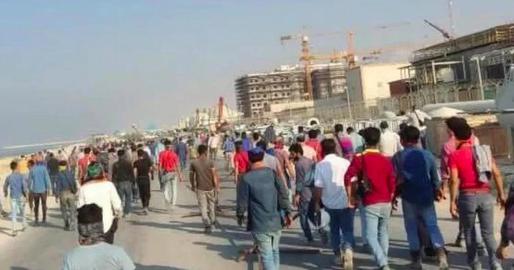
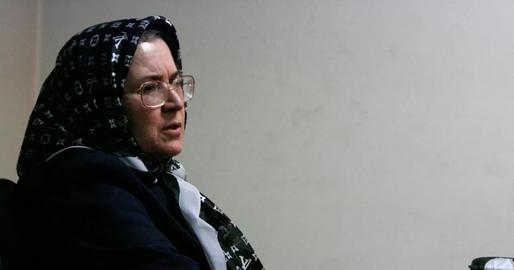
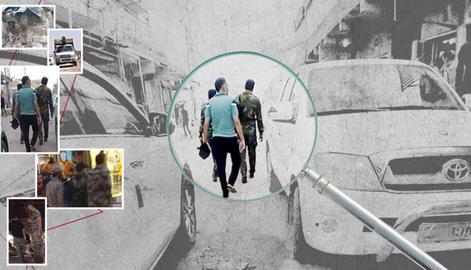
comments